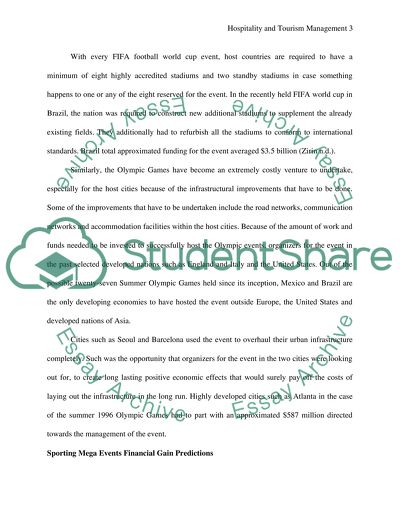Cite this document
(“Big Event Financial Management Essay Example | Topics and Well Written Essays - 1750 words”, n.d.)
Big Event Financial Management Essay Example | Topics and Well Written Essays - 1750 words. Retrieved from https://studentshare.org/tourism/1685576-event-management-essay
Big Event Financial Management Essay Example | Topics and Well Written Essays - 1750 words. Retrieved from https://studentshare.org/tourism/1685576-event-management-essay
(Big Event Financial Management Essay Example | Topics and Well Written Essays - 1750 Words)
Big Event Financial Management Essay Example | Topics and Well Written Essays - 1750 Words. https://studentshare.org/tourism/1685576-event-management-essay.
Big Event Financial Management Essay Example | Topics and Well Written Essays - 1750 Words. https://studentshare.org/tourism/1685576-event-management-essay.
“Big Event Financial Management Essay Example | Topics and Well Written Essays - 1750 Words”, n.d. https://studentshare.org/tourism/1685576-event-management-essay.


